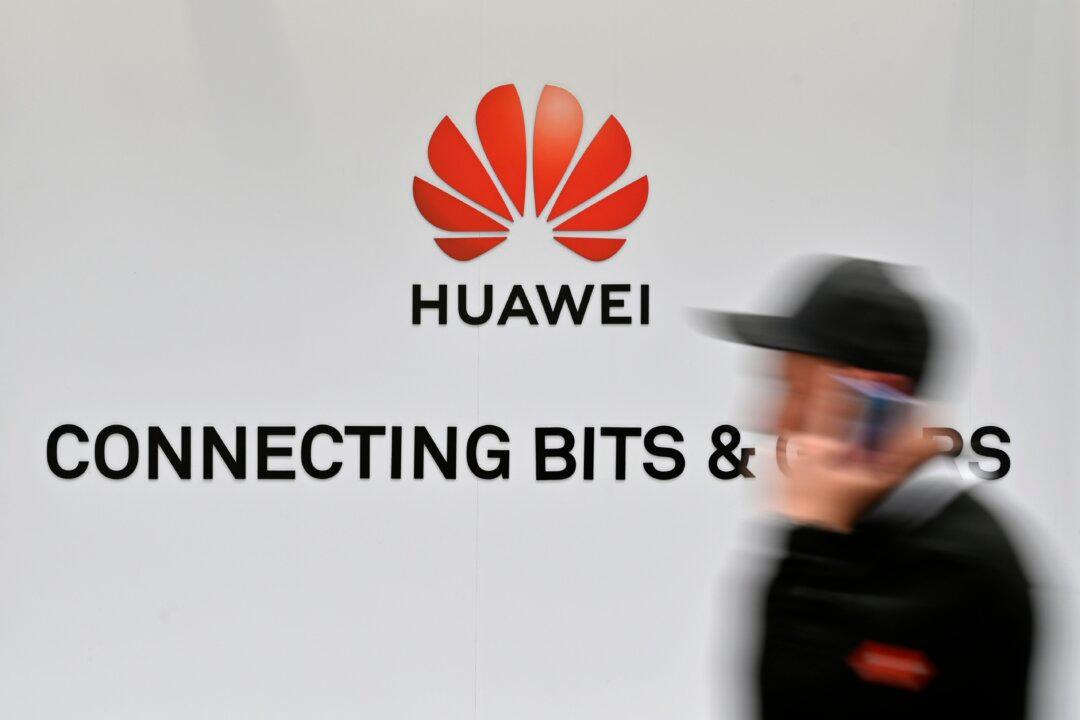Huawei’s targeting of political insiders for its lobbying efforts raises ethical questions if it leads to undue influence on policy-making, experts say, with some noting it could be a case of helping an adversary given the telecom giant’s links to the Chinese regime.
Huawei has recently ramped up its lobbying efforts in Canada as Ottawa finalizes its decision on whether to allow the Chinese telecom giant to be part of its 5G network, and as Canada continues court proceedings for the extradition of the company’s CFO Meng Wanzhou to the United States.





